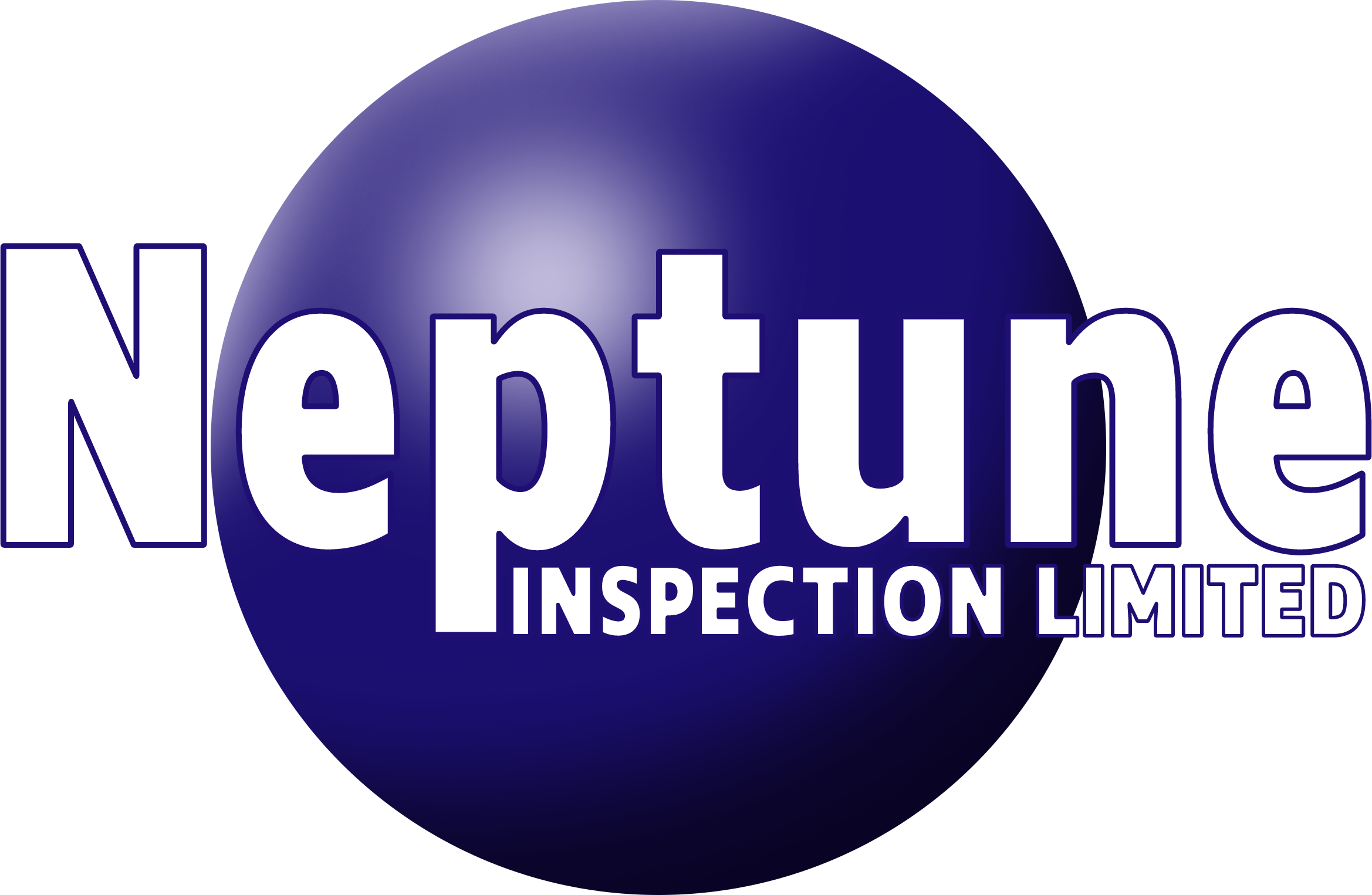See what we can offer services
-
Neptune Inspection are specialists in Ultrasonic Thickness Surveys giving owners an accurate condition assessment of structural components using state of the art Multiple-echo technology to eliminate the need to remove protective coatings. In an ever changing world of safety and environmental sustainability it is essential that owners receive a professional and thorough inspection to determine your vessel is fit for purpose.
-
Neptune Inspection purchased the world’s leading confined space inspection drone the Elios 2. This is the most intuitive, reliable and precise indoor inspection drone which utilises cutting edge drone data capture capabilities. The detection of pitting and cracks is flawless. The Elios 2 features an oblique lighting mode to reveal the texture of surfaces, it also houses a thermal camera making it easier to detect leakage and boasts 3d modelling capabilities revolutionising asset management.Neptune Inspection are currently approved by Lloyds Register and Class NK to offer surveys by RIT.This method of RIT survey is proving to be a more attractive option for our clients as it reduces the need for scaffolding, staged lighting, rafting and avoids damage to tank coatings. Time and cost are cut considerably, as a result, our RIT services are getting a favourable reception from our clients
-
Certified by Lloyds Register, Bureau Veritas and DNV-GL to perform Ultrasonic Thickness Measurements as per Classification Renewal Survey requirements, Neptune Inspection provides a world class service to the marine industry in this field. All Inspectors are trained to PCN Level II in Ultrasonic Testing with extensive knowledge of Classification rules and requirements to enable ship owners and representatives to successfully fulfil Classification Society renewal requirements.
-
An assessment of the overall condition of the vessel required by charterers in line with Classification Society Guidelines. This service is requested for vessels of fifteen years of age and above. This Ultrasonic Thickness Survey is conducted more in depth to give the vessel her relevant rating.
-
Magnetic Particle Inspection is used to detect surface breaking defects of ferromagnetic materials on items such as welds, propeller shafts and engine components. A magnetic field is created in the test material and magnetic flux leakage is identified to determine any defects.
-
Dye penetrant Inspection is used to detect surface breaking defects on most materials but most commonly used in none ferrous materials such as brass or stainless steel. This method is widely used on items such as propellers and stainless steel welds. The dye penetrant is applied to the test material and uses capillary pressure to penetrate any inclusions. The excess penetrant is then removed before applying a developer to draw any remaining dye giving a clear indication of any defects.
-
Owners often opt for a pre-docking survey to identify any hot spots or areas of corrosion that require attention to avoid heavy costs whilst in dry dock. This type of Ultrasonic Thickness Survey can be performed as part of your Special Survey as required and agreed to by the relevant Classification Society. Pre-docking Surveys can be performed during voyages or in port, whichever suits best.
